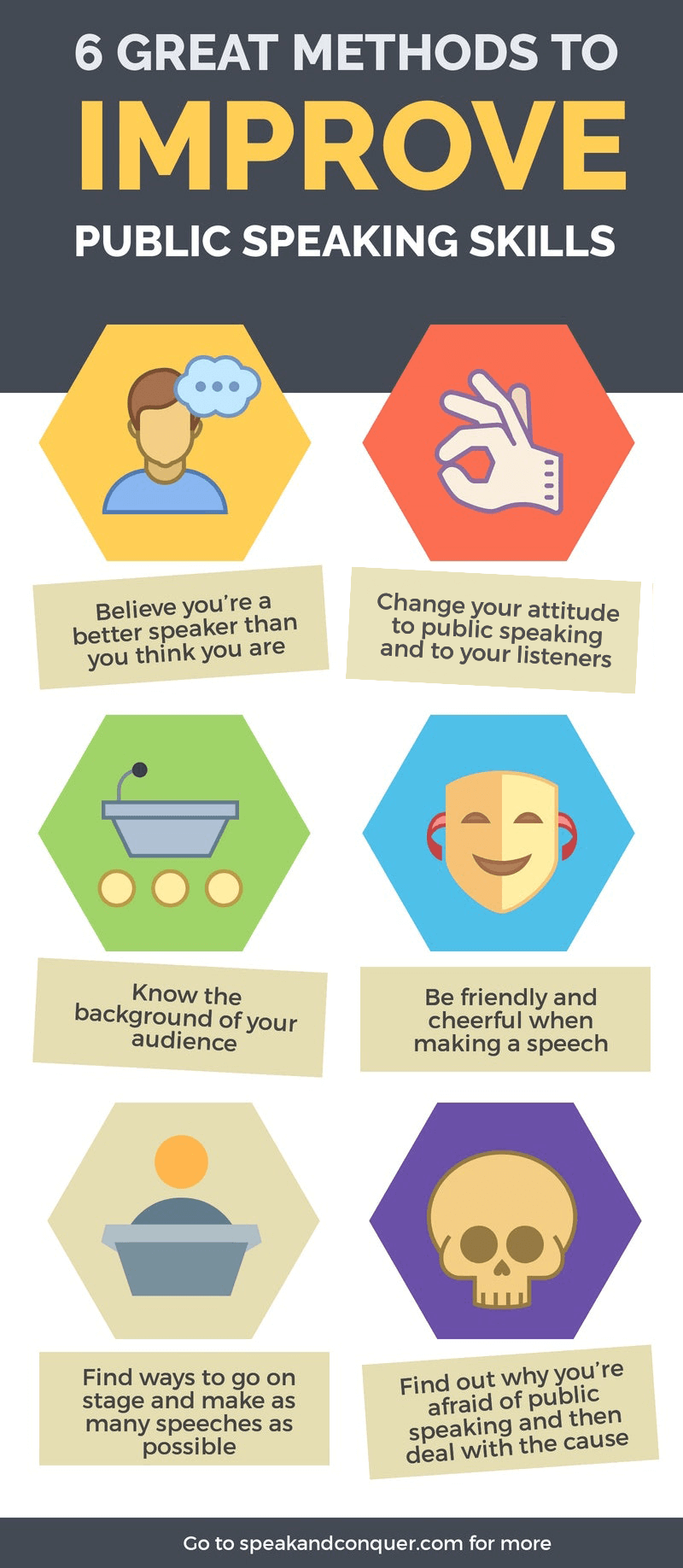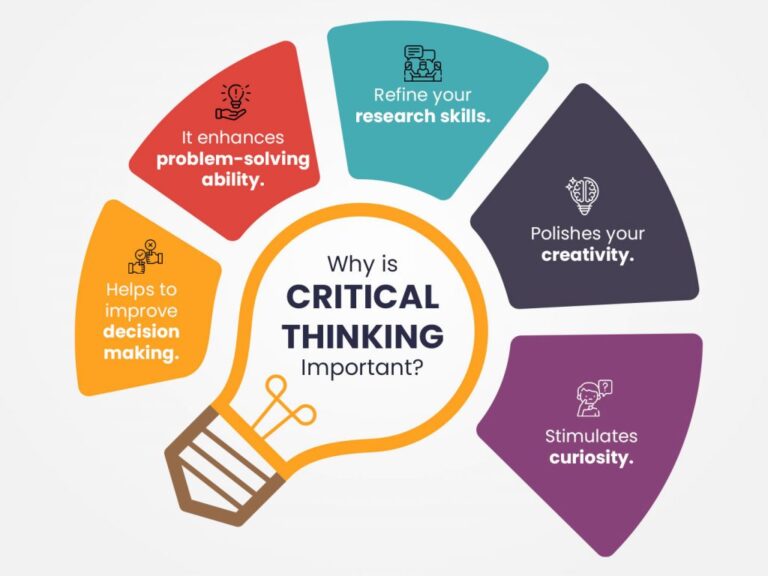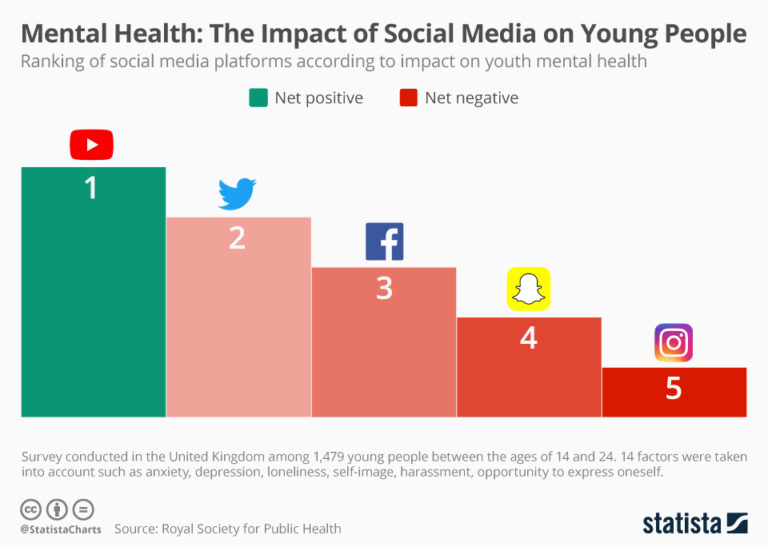How to Improve Public Speaking Skills
Practice regularly and receive constructive feedback. Focus on clear articulation and engaging your audience.
Public speaking is an essential skill in various aspects of life, from professional settings to social interactions. Mastering this skill can boost confidence and open up numerous opportunities. Practicing regularly helps to become more comfortable and fluent. Receiving constructive feedback allows for continuous improvement.
Engaging the audience keeps their attention and makes the speech more impactful. Clear articulation ensures that the message is easily understood. By focusing on these key areas, anyone can enhance their public speaking skills and become a more effective communicator.
Importance Of Public Speaking
Public speaking is essential for success in many areas of life. It helps you share your ideas clearly. Speaking well can influence others and make a big impact.
Improving your public speaking skills can open many doors. It benefits both your career and personal life in many ways. Let’s explore how.
Career Advancement
Public speaking skills can boost your career. Employers value employees who can present ideas clearly. Speaking well can help you lead meetings and projects.
Here are some ways public speaking aids career growth:
- Leadership: Good speakers often become leaders.
- Networking: Speaking well helps you connect with others.
- Promotions: Strong speakers are often promoted faster.
| Benefit | Description |
|---|---|
| Leadership | Good speakers often lead teams. |
| Networking | Speaking well helps you make valuable connections. |
| Promotions | Strong speakers move up the career ladder quickly. |
Personal Growth
Improving public speaking skills also aids personal growth. It boosts your confidence and helps you express yourself better.
Here are some personal benefits of public speaking:
- Confidence: Speaking in public builds self-assurance.
- Communication: It improves your ability to share ideas.
- Critical Thinking: Organizing speeches enhances your thinking skills.
| Benefit | Description |
|---|---|
| Confidence | Speaking in public makes you feel more sure of yourself. |
| Communication | It helps you share your thoughts clearly. |
| Critical Thinking | Preparing speeches sharpens your mind. |

Credit: speakandconquer.com
Overcoming Fear
Public speaking can be terrifying. Overcoming fear is key to success. Many people struggle with this. It’s normal to feel scared. You can conquer this fear with practice and tips.
Identifying Fears
First, identify your fears. Are you afraid of forgetting lines? Do you worry about being judged? Write down your fears. This helps you understand them.
Common fears include:
- Fear of making mistakes
- Fear of audience reactions
- Fear of being unprepared
Knowing your fears is the first step. It helps you tackle them one by one.
Building Confidence
Confidence grows with practice. Start by speaking to small groups. Gradually increase your audience size. Practice your speech multiple times. Familiarity reduces fear.
Here are some confidence-building tips:
- Practice deep breathing before speaking
- Visualize success
- Focus on your message, not yourself
Use positive affirmations. Tell yourself you can do it. Positive thinking boosts confidence.
Join a public speaking group. Groups like Toastmasters offer a supportive environment. You get feedback and improve over time.
Remember, everyone makes mistakes. Learn from them and move on. Each mistake is a learning opportunity.
Preparing Your Speech
Improving public speaking skills begins with preparing your speech. This crucial step ensures you deliver a clear and engaging message. Effective preparation involves researching the topic and organizing content. Below are some key tips on how to do this.
Researching The Topic
Thoroughly researching your topic is vital. It helps you gather accurate and relevant information. Here are some ways to research effectively:
- Use credible sources: Rely on books, journals, and trusted websites.
- Take notes: Write down key points and facts.
- Understand your audience: Know what interests them.
- Verify facts: Ensure all information is correct.
Organizing Content
Once you have your research, it’s time to organize it. This helps your speech flow logically. Consider the following steps:
- Create an outline: Start with an introduction, body, and conclusion.
- Use bullet points: These help break down complex information.
- Prioritize key points: Highlight the most important information first.
- Include transitions: These help connect different sections of your speech.
Here is a simple table to help you organize your content:
| Section | Details |
|---|---|
| Introduction | Introduce the topic and its importance. |
| Body | Present your main points and supporting details. |
| Conclusion | Summarize the key points and end with a strong message. |
Preparing your speech is a foundational step to improving public speaking skills. By researching your topic and organizing your content well, you set yourself up for a successful presentation.

Credit: www.wikihow.com
Practicing Effectively
Practicing effectively is key to improving your public speaking skills. It involves structured rehearsals and seeking feedback. Let’s delve into the best practices for effective practice.
Rehearsal Techniques
Effective rehearsal techniques can boost your confidence and clarity. Here are some techniques to consider:
- Mirror Practice: Stand in front of a mirror and speak. Observe your gestures and expressions. This helps you understand how you appear to the audience.
- Recording: Record your speech with a camera or phone. Watch the video to spot areas for improvement.
- Timed Sessions: Use a timer to practice within a set time. This ensures you stay on track and avoid over-speaking.
- Role-Playing: Practice your speech with friends or family acting as the audience. They can ask questions, helping you practice responding on the spot.
Feedback And Improvement
Feedback is crucial for improvement. Here are ways to get and use feedback effectively:
- Seek Constructive Criticism: Ask trusted friends or colleagues to critique your speech. Request specific areas where you can improve.
- Join Speaking Groups: Join groups like Toastmasters. They provide a supportive environment and constructive feedback.
- Self-Evaluation: After each practice, jot down what went well and what needs improvement. Use this to refine your next rehearsal.
- Iterative Practice: Practice, get feedback, and then practice again. This cycle helps you improve continuously.
By practicing effectively, you can enhance your public speaking skills significantly. Make use of these techniques and feedback methods to see real progress.
Engaging The Audience
Engaging the audience is crucial for effective public speaking. It keeps listeners interested and makes your message memorable. Let’s explore ways to engage your audience with eye contact and body language.
Eye Contact
Eye contact helps build a connection with your audience. It shows confidence and sincerity. Follow these tips to improve your eye contact:
- Scan the room: Look at different sections of the audience.
- Hold gaze: Maintain eye contact for 3-5 seconds with each person.
- Be natural: Avoid staring; blink and move your eyes naturally.
Body Language
Body language conveys your enthusiasm and confidence. Positive body language can make your speech more engaging. Consider these tips:
- Stand tall: Maintain a straight posture.
- Use gestures: Emphasize points with hand movements.
- Smile: A genuine smile can make you more approachable.
Here’s a quick comparison of effective and ineffective body language:
| Effective | Ineffective |
|---|---|
| Open stance | Crossed arms |
| Frequent gestures | No movement |
| Eye contact | Looking down |
Using Visual Aids
Public speaking can be daunting, but visual aids can make it easier. They help illustrate points, maintain audience interest, and improve understanding. Let’s explore how to use visual aids effectively in your presentations.
Slide Design
Effective slide design is crucial for engaging presentations. Keep slides simple and uncluttered. Use a clean and professional template. Stick to a consistent color scheme. Ensure text is large enough to read from a distance. Limit each slide to one main idea.
| Element | Recommendation |
|---|---|
| Font Size | At least 24 points |
| Color Scheme | Consistent and professional |
| Content per Slide | One main idea |
Effective Use
Use visual aids to support your speech, not replace it. Practice with your slides to ensure smooth transitions. Make eye contact with the audience, not the screen. Use bullet points for key information. Avoid reading directly from the slides. Engage the audience with relevant images and graphs.
- Practice with your slides.
- Make eye contact with the audience.
- Use bullet points for key information.
- Engage with relevant images and graphs.
Handling Questions
Handling questions during a public speaking event can be challenging. It tests your knowledge and confidence. It can also make or break your presentation. Mastering this skill can improve your overall public speaking abilities. Here are some tips to help you handle questions effectively.
Staying Composed
It’s crucial to stay calm when answering questions. Take a deep breath before responding. This helps you keep a clear head. If you don’t know the answer, it’s okay to admit it. Offer to find out the information later.
- Pause before you answer.
- Maintain eye contact with the questioner.
- Keep your tone polite and respectful.
- Acknowledge the question’s value.
Providing Clear Answers
Providing clear answers is essential for effective communication. Use simple language to explain your points. Avoid jargon that might confuse your audience. Make sure your answer is to the point.
- Listen to the question carefully.
- Repeat the question for clarity.
- Answer directly and concisely.
- Use examples to illustrate your points.
Following these steps ensures your audience understands you. This builds your credibility as a speaker.
| Action | Reason |
|---|---|
| Pause before answering | Gives you time to think |
| Repeat the question | Ensures everyone heard it |
| Use simple language | Prevents confusion |
Continuous Improvement
Public speaking is a skill that benefits from continuous improvement. Consistent practice and feedback are essential. Two effective ways to enhance your speaking skills are joining speaking clubs and recording and reviewing your speeches.
Joining Speaking Clubs
Speaking clubs offer a supportive environment. You can practice your speeches regularly. Clubs like Toastmasters International provide structured programs. These programs help you develop various aspects of public speaking. You receive constructive feedback from fellow members. This feedback is invaluable for your growth.
Members of speaking clubs often take on different roles. These roles help you understand various elements of a good speech. You learn how to organize your thoughts. You also learn how to engage with your audience. This multi-faceted approach accelerates your progress.
Recording And Reviewing
Recording your speeches is a powerful tool. It allows you to see and hear yourself. You can identify areas of improvement. Watching your recordings helps you notice your body language. You can see if you use too many filler words.
Here are some steps to follow:
- Record your speech using a camera or smartphone.
- Watch the recording critically and take notes.
- Focus on one aspect to improve at a time.
- Re-record and compare with previous versions.
This iterative process leads to continuous improvement. You will see noticeable progress in your speaking abilities.

Credit: www.betterup.com
Conclusion
Mastering public speaking takes practice and dedication. Use these tips to build confidence and improve your skills. Remember, the key is consistent effort. Engage your audience, maintain eye contact, and stay calm. With time, you’ll become an effective and confident speaker.
Keep practicing and watch your public speaking abilities flourish.






